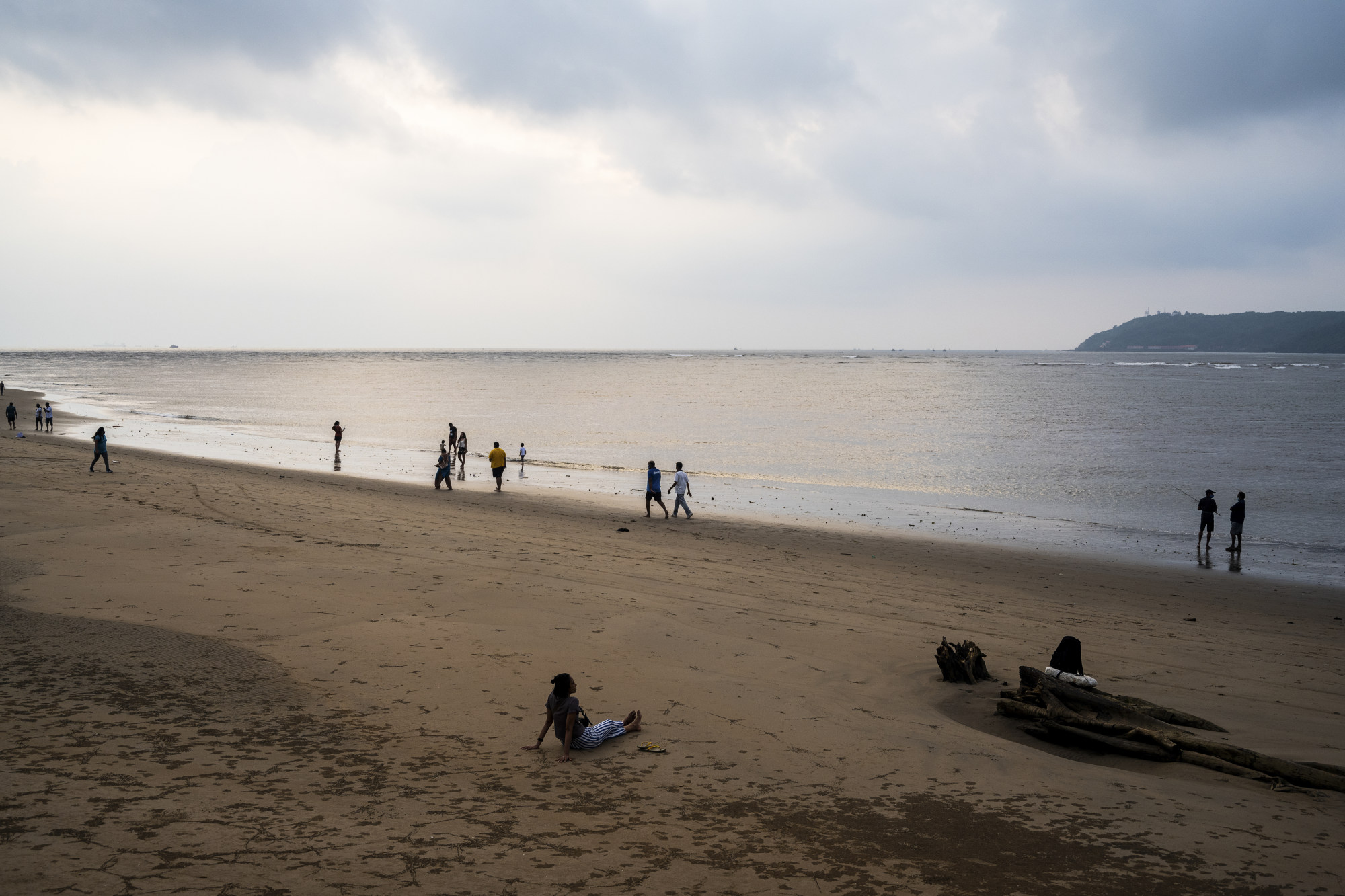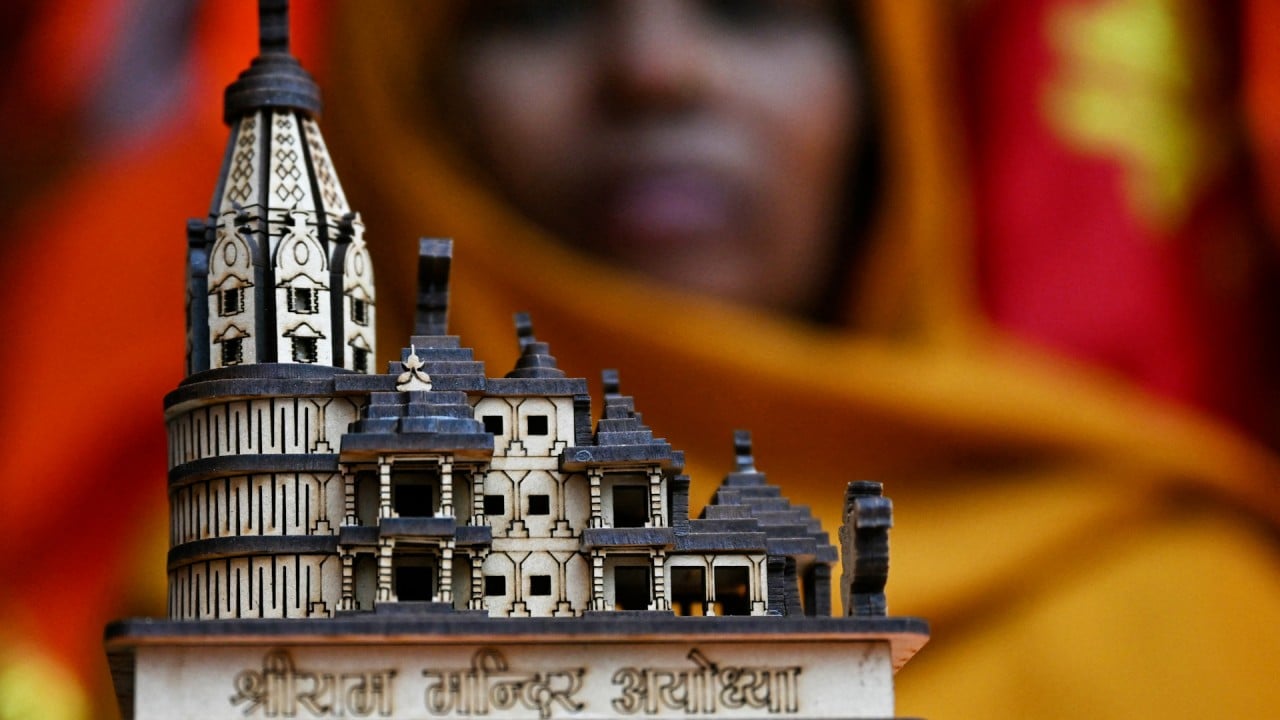India’s ruling BJP eyes new law for common civil code but is it fanning Hindu-Muslim divide?
The demand for a common civil code has been a core pledge of the BJP, which proposes to unify various laws governing marriage, divorce, inheritance and adoption that govern different communities and faith based on customs.
“This law is of equality, uniformity and equal rights. There were many doubts regarding this, but the two-day discussion in the assembly clarified everything,” the state’s Chief Minister Pushkar Singh Dhami said.
“This law is not against anyone. It is for the women who have to face difficulty because of the social norms,” he said.
The state assembly passed the law on Wednesday and sent it to President Droupadi Murmu for approval, Dhami said. The state would begin framing rules for implementation only after the president’s approval, he added.

The directive principles of the Indian Constitution – rules that are desirable but cannot be implemented by courts – states the “state shall endeavour to secure a uniform civil code”, but it was never enforced since the country’s independence from the British in 1947 to preserve communal harmony.
However, such a law has been on top of the agenda of right-wing Hindus, analysts say.
The rights of women, children, and families across India vary considerably depending on the code they fall under.
Supporters of a common civil code argue that customary laws, such as allowing a Muslim man to have four wives, are regressive, whereas critics say these customs are not practised and the new law will only seek to assert the dominance of Hindus.
“The benefit part is smaller and the gimmick part is stronger, and its timing on the eve of parliamentary elections makes me very suspicious,” said Nilanjan Mukhopadhyay, an author and an independent political commentator.
“In a way, they are saying Muslims marry too many times and we will stop them. This is a perception not based on facts,” he added.
Among the many clauses in the exhaustive law is a proposed end to polygamy.
“The objections of the Muslim community have been ignored,” Raees Kashmi, president of Uttarakhand Imam Organisation, told AFP.
Deepening divide
Analysts say the law could stoke communal tensions.
“The Muslim community will say it is aimed at harming their interests. They will say we will decide our personal matters. India is constantly walking on the brink,” Mukhopadhyay said, noting that already more religious sites are being claimed by right-wing Hindus in wake of the Ayodhya temple’s construction.
Premises of a mosque near a temple called Krishna Janmabhoomi – said to be the birthplace of the god Krishna – have come under court scrutiny, while Hindu supremacist mobs have been trying to reclaim a mosque in Varanasi where they say a temple was demolished by Mughal rulers.
Is India targeting Muslims with committee to address population growth?
Is India targeting Muslims with committee to address population growth?
The opposition has also slammed the manner in which laws are being passed without giving them time to study or suggest modifications.
Yashpal Arya, opposition leader and member of the Congress party, said the government did not follow the due process of incorporating suggestions, submitting the law for scrutiny to a house panel, before tabling it again for approval.
“The government has always tried to bring these momentous changes without giving time to the public to react. It undermines the democratic process,” Mukhopadhyay said.
More BJP-ruled states in India appear set to follow Uttarakhand’s lead, with chief minister of the northeastern state of Assam, Himanta Biswa Sarma, promising that his state will be the second to implement the law.
Goa, the beach resort state on India’s west coast, is the only part of India with a common civil code that dates back to its rule under the Portuguese. The law provides for compulsory registration of marriages before a civil authority and is entitled to half of the “common assets” including those inherited by her husband in the case of a divorce.

Uttarakhand’s common civil code appears to be a mixed bag with provisions such as a ban on child marriage, a single divorce law and equal rights for women to ancestral property. It also seeks compulsory registration of live-in relationships.
Lawyers say the Uttarakhand law appears to have loopholes that could open a host of litigation for breach of privacy, among other issues.
Yashwant Deshmukh, an independent political commentator, said the BJP was probably testing waters by introducing it in Uttarakhand and many of the provisions are likely to be ironed out before being introduced in other states.
“One may argue about the motive behind a common civil code, but one can’t dispute the merit of it. It should have been done long ago,” he said, adding that a Supreme Court judge in a landmark Shah Bano case to provide alimony to a divorced Muslim woman in 1985 had recommended the introduction of a common civil code.
India’s hate crimes are being logged, by exiles Modi’s BJP want silenced
India’s hate crimes are being logged, by exiles Modi’s BJP want silenced
The Congress party, which was in power in the federal government at that time, did not press ahead, fearing a backlash from Muslim voters, he said.
Deshmukh, whose research firm C-Voter surveys voter mood, said the latest results showed that around 70 per cent of people supported the introduction of a common civil code.
Analysts say it is likely to introduce the law in BJP-ruled states, but whether opposition-ruled states would follow remains uncertain.
India’s election regulator is likely to notify the dates for parliamentary elections in March, and thereafter no major policy decisions can be announced. If the BJP returns to power, it may then seek to roll out a common civil code nationally, analysts say.



 Play with Welcome Bonus Up to 300%
Play with Welcome Bonus Up to 300%